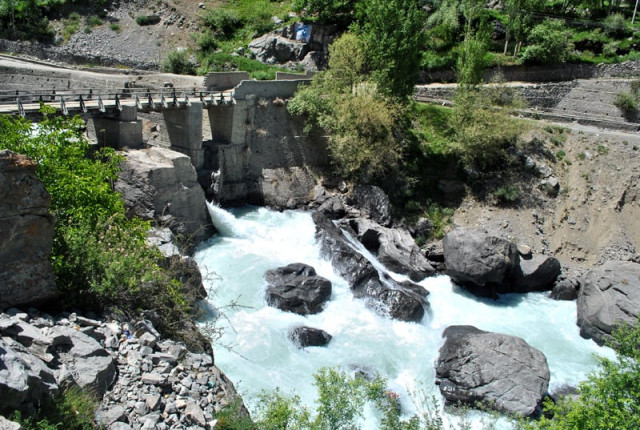‘Maintaining water quality must for a sustainable future’
Urbanisation has altered the hydrological patterns and water flow regimes.

‘Maintaining water quality must for a sustainable future’
A professor at a lecture stressed the need for an integrated approach to water quality protection to maintain biological integrity and to better address water pollution in urban environments, said a press release issued by the Sustainable Development Policy Institute (SDPI).
“Storm water accumulates and transports much of the collective waste of the urban environment into surface water sources and becomes the primary source of impairment in rivers, lakes, and estuaries,” said Dr Xavier Swamikannu while speaking on storm water runoff pollution at a lecture on “sustainability concepts for water quality protection” on Thursday. He said that storm water is produced from a developed landscape during rain and floods.
Dr Swamikannu of the Central Pollution Control Board in New Delhi is an expert on regulatory control of urban water pollution.
Urbanisation, he said, has altered the hydrological patterns and water flow regimes.
He cited some of implications of urbanization on water quality such as loss of water-retaining and evapotranspirating functions of the soil and vegetation in cities.
He suggested nonstructural controls such as better site design, retrofitting, downspout disconnection and conservation of natural areas to dramatically reduce the volume of runoff and pollutant loading from a new development.
During the question-answer session, the participants said that the Capital Development Authority should learn from the North American urban water management experiences.
Published in The Express Tribune, December 9th, 2011.



















COMMENTS
Comments are moderated and generally will be posted if they are on-topic and not abusive.
For more information, please see our Comments FAQ